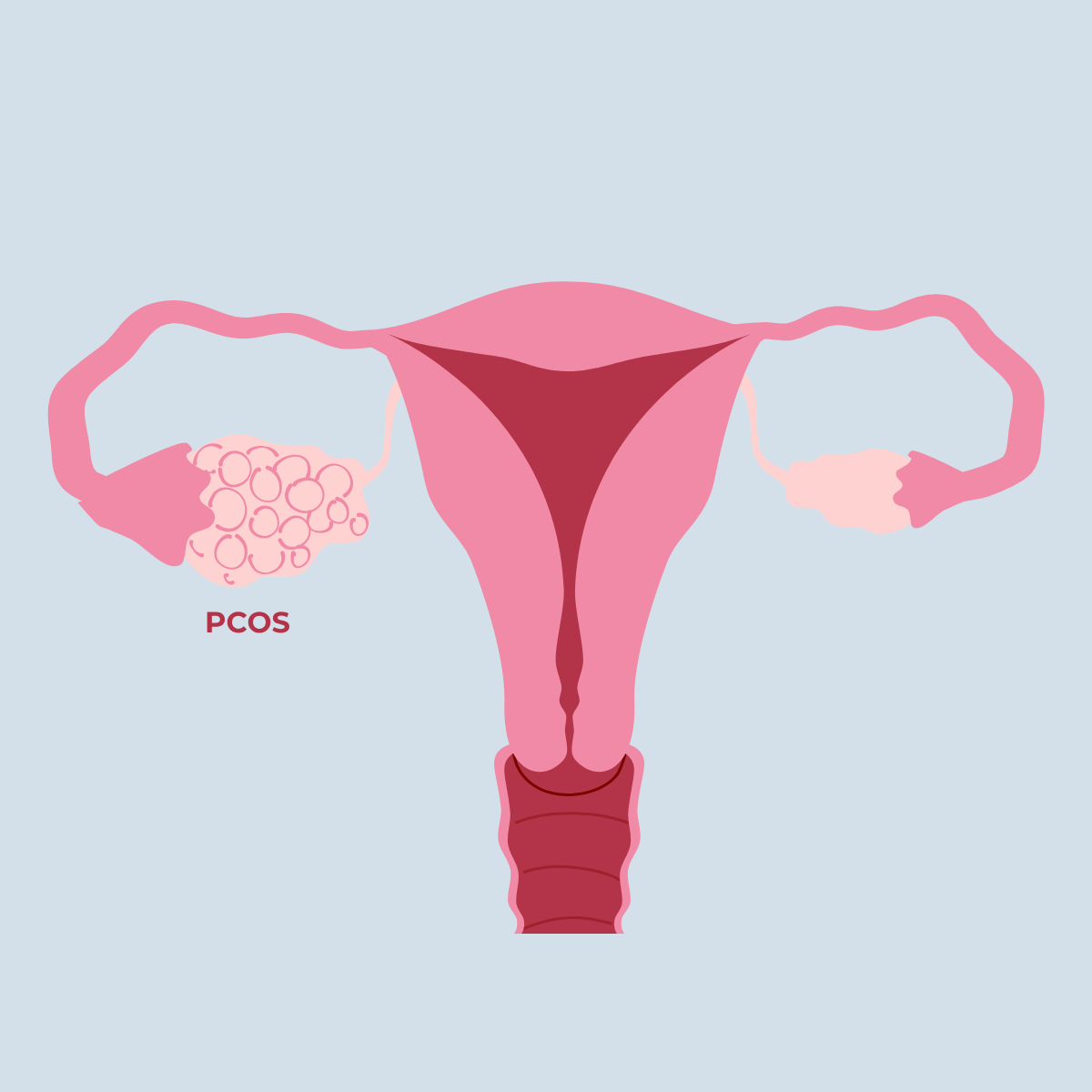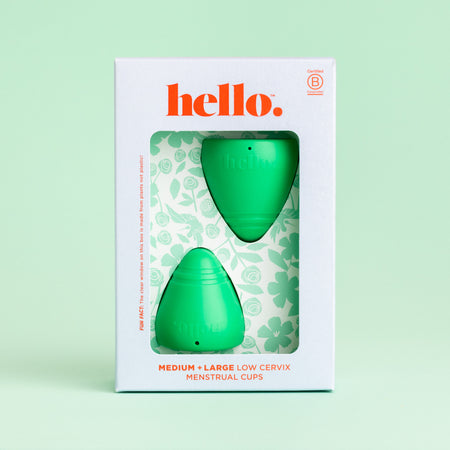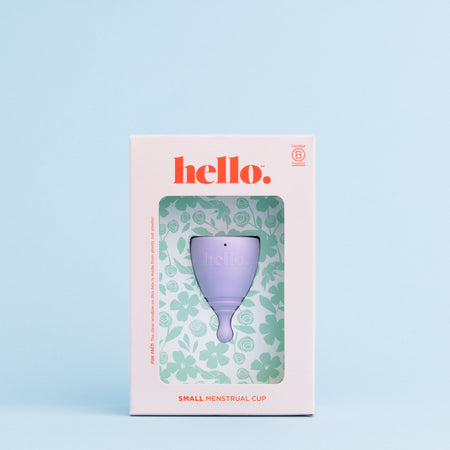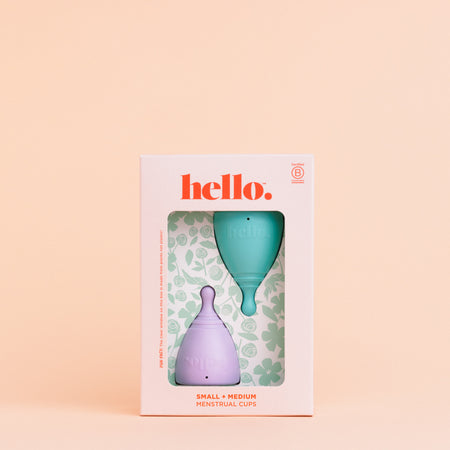World Menopause Day is held on the 18th October every year, with the purpose of raising awareness of menopause and the support available.
Lara Briden says, "If you were born before 1984, you're in the territory of perimenopause or second puberty -- and that's okay. Symptoms are temporary, and there are lots of ways to feel better including simple changes like moving the body, stopping alcohol, and taking magnesium. "
Written by Lara Briden, naturopathic doctor and author.
Blog originally published via larabriden.com and repurposed for Hello Period.
In your forties, you may find you don’t cope as well with stress. It happens because losing progesterone during perimenopause can destabilize the HPA (adrenal) axis or stress response system.
This recalibration of the nervous system is why perimenopause is associated with an increased risk of anxiety, depression, and insomnia.
Tip: HPA axis dysregulation is the medical term for “adrenal fatigue.”
Progesterone is a “stress-buffering” hormone
By converting to the beneficial neurosteroid allopregnanolone (ALLO), progesterone calms GABA receptors and stabilizes the HPA (adrenal) axis. It also promotes neurogenesis (new nerve growth) in the hippocampus which further supports a healthy HPA (adrenal) axis.
Progesterone drops in perimenopause
With perimenopause, progesterone drops before estrogen.

In a fascinating new study called “Estradiol and progesterone as resilience markers,” researchers found that a lower level of progesterone in perimenopause is associated with lower life satisfaction, higher perceived stress, and an increased risk of depression and anxiety. The same was not true for lower estrogen.
How to support your nervous system during perimenopause
More rest and self-care. You’re in a vulnerable time but it won’t last forever. You have permission to slow down and look after yourself until you achieve menopause. One easy way to promote relaxation is to activate the vagus nerve and parasympathetic nervous system.
Magnesium is a powerful stress-reliever. It boosts GABA, blocks glutamate, reduces adrenaline, regulates cortisol, and promotes sleep. If you take one supplement during perimenopause, let it be magnesium. (See 8 ways magnesium rescues hormones.) Magnesium glycinate is the best type because the amino acid glycine has its own calming effects.
Taurine is an amino acid and neurotransmitter that calms the brain by boosting GABA and blocking glutamate and adrenaline. Taurine is depleted by estrogen, so women have a higher requirement for taurine than men. I commonly prescribe a combination of magnesium and taurine for my perimenopausal patients.
Reduce histamine and mast cell activation by avoiding cow’s dairy and alcohol and maybe taking an anti-histamine on bad mood days. Read The role of mast cells and histamine in PMS and PMDD.
Ashwagandha (also called Withania somnifera) is an “adaptogen” that reduces neuroinflammation in the hippocampus and stabilizes the HPA axis. It also reduces anxiety and promotes sleep (hence the Latin name somnifera or “sleep-inducing”).
Progesterone. Finally, oral micronized progesterone capsules are an effective treatment for many symptoms of perimenopause including anxiety and insomnia. See The guide to using progesterone for women’s health.
For more from Lara, head to www.larabriden.com or follow her on Instagram. Find her books for sale here.
















